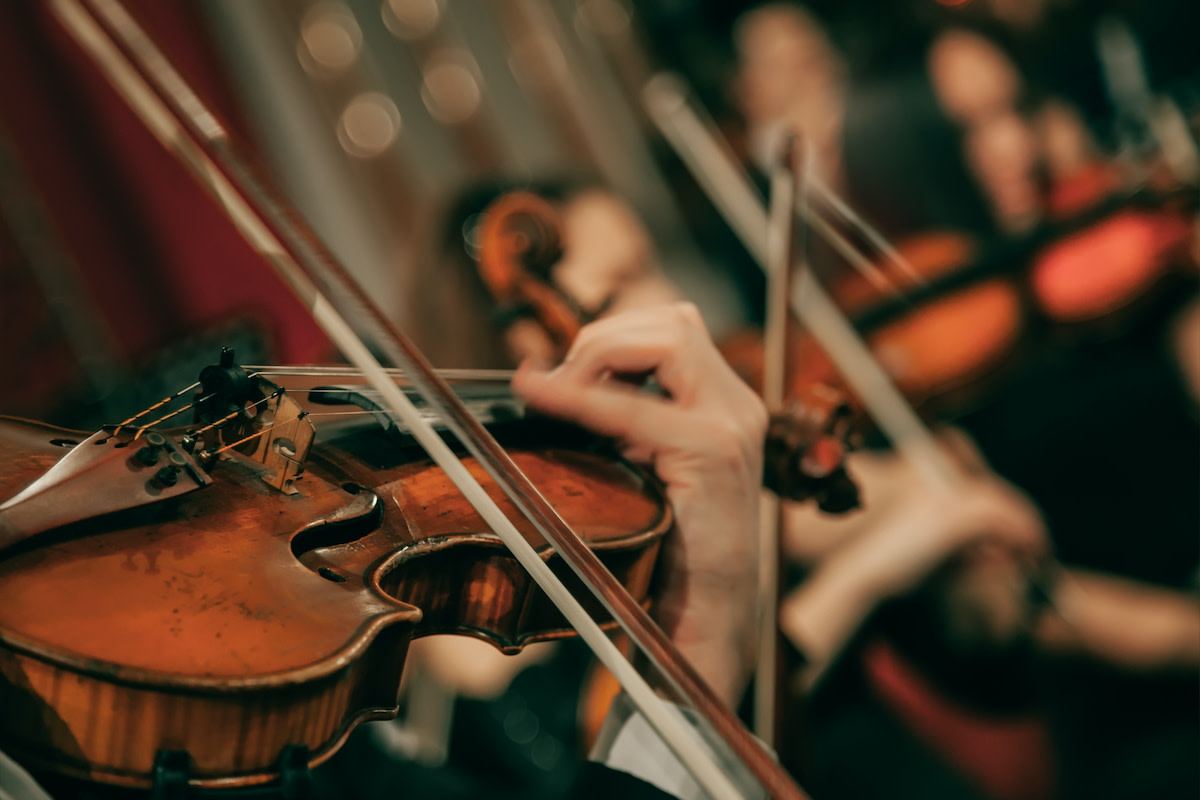How the Suzuki Method Works: Inside the Suzuki Philosophy
Written by MasterClass
Last updated: Jun 7, 2021 • 3 min read
Young minds are incredibly malleable and more adept at picking up new skills. The Suzuki Method is a structured process of teaching music that can be an effective way for young children to learn a new instrument. Learn more about this novel approach to musicality.
Learn From the Best
What Is the Suzuki Method?
The Suzuki method is an educational system that aims to teach children how to play music with the same ease that they learn to speak their native language (also known as the mother-tongue approach). Practitioners start early and develop rigorous habits through repeated practice and sequential introduction to classical compositions. Children learn by listening to orchestrated pieces, memorization, and rigidly scheduled practices. Eventually, the children will learn to read sheet music, and their higher musical ability will help them become adept at more advanced playing techniques.
What Are the Origins of the Suzuki Method?
The Suzuki method was developed in the mid-twentieth century by Japanese violinist Dr. Shinichi Suzuki. Although he was the son of Japan’s first and largest violin manufacturer, Dr. Suzuki never formally learned to play music. After listening to a recording of Mischa Elman playing Schubert’s “Ave Maria,” Dr. Suzuki decided to teach himself to play the violin. He briefly spent time in Berlin to study with violinist, composer, and concertmaster Karl Klinger before returning to Japan with his wife.
Eventually, he received a request from a colleague to teach his young son how to play. Dr. Suzuki thought about his time in Germany and how difficult it was to learn the German language, compared to how easily the local children learned it. He spent time thinking about how children’s minds can be molded to learn new skills and abilities, particularly how they learn their own native tongue through imitation and repetition in early childhood. This idea would become the basic foundation of his teaching method.
What Is the Suzuki Method Philosophy?
The Suzuki philosophy is a belief that with the right environment and circumstances, most people can learn to play an instrument. This philosophy uses listening, imitation, and repetition to help people learn to play a musical instrument as if it were their native tongue. Dr. Suzuki’s philosophy, which he also referred to as “talent education,” focuses on music’s ability to inspire the spirit and create well-rounded human beings with an appreciation for beauty.
How the Suzuki Method Works
The Suzuki approach is a structured learning process mostly aimed at children. Below are some key components to this teaching method:
- A mix of group and private lessons. A varied lesson plan means students can learn privately from a music teacher and in group classes. Private lessons allow instructors to devote time and attention to nurturing the pupil’s talents, while group lessons offer a supportive environment that pushes them to the next level. The different learning environments expose musicians to various conditions and lesson styles that can considerably progress their skills.
- Listen to a lot of music. Suzuki students learn through listening and are required to listen to hundreds of hours of music. Developing an ear for music helps young children learn early on how to play in tune and on-key just by ear, which can significantly improve their playing efficiency.
- Repetition. Repetition helps develop and hone the skills necessary to play with skill. Repetition also contributes to memorization and muscle memory, allowing students to learn to play pieces proficiently without reading sheet music.
- Parental involvement. Suzuki teachers aren’t the only ones involved in the music education of children. Parents attend every lesson, practice, and recital, often learning alongside their children. They must be part of the driving force in ensuring their child not only attends every lesson but listens to music when they’re not playing and prioritizes practice. The parents’ close involvement can breed support and foster deeper relationships between family members, contributing to the child’s emotional well-being and happiness.
Want to Learn More About Music?
Become a better musician with the MasterClass Annual Membership. Gain access to exclusive video lessons taught by the world’s best, including Itzhak Perlman, St. Vincent, Sheila E., Timbaland, Herbie Hancock, Tom Morello, and more.
